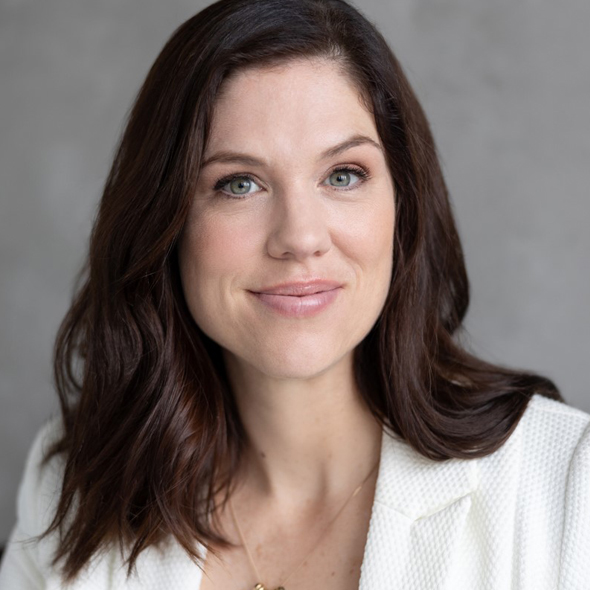Prominent directors share three of the most important board lessons they have learned.
Steve Scudamore defines his leadership style as prioritising transparency. “Teamwork and good communication are absolutely essential in challenging circumstances,” he says. Whether it be COVID impacting business models, fluctuating prices in the mining industry or working across Papua New Guinea, Malaysia and Africa for KPMG, he says effective collaboration at board level has been a key element of his director career.
Scudamore was awarded the 2024 AICD WA Gold Medal in recognition of his contribution to corporate life in Western Australia. His current directorships include ASX-listed Pilbara Minerals, Australis Oil and Gas, and Regis Resources. He is also on the national board of the Australia British Chamber of Commerce, chairing its WA Branch.
1. Be flexible with strategy
The mining industry is volatile, with supply and demand impacting prices. Boards and executive teams must be nimble in response to changing conditions and work closely with their customers in adapting workflow and pricing to changing needs.
In 2019, I was on the board of ASX-listed PLS when a decision was made to moderate the level of commercial production of spodumene at our Pilgangoora operation in WA, which hosts one of the largest hard-rock lithium deposits in the world. Just as production was gaining momentum, the lithium market slowed. Key customers experienced delays with their new facilities and were unable to accept the full offtake.
The board and executive team had to reconsider its short-term business plan and strategy for the project. We had to make some rapid decisions. Should we close the plant down or keep going? If we reduced production, how to cover our overheads?
We moderated production to ensure we didn’t end up with excess stock, as that brings holding cost implications. We worked closely with our customers and successfully managed cash flow. Eventually, the lithium price improved, demand accelerated and the company went back to full production.
The experience taught me you can create key strategic goals and look five years into the future, but you’ve got to be flexible. You must temper the strategy with what the market is doing.
2. Not-for-profit boards should be more than stepping stones
For eight years I was chair of Amana Living, one of WA’s largest NFP providers of care and services for older people. It’s a significant organisation, operating 13 nursing homes and 17 retirement villages with more than 6200 customers and 1700 staff. Given its size, the complexity of government regulation and the ethos of the organisation, a variety of expertise was important at board level. The necessary skills matrix included financial, property, marketing, medical and pastoral care.
The position I held was unpaid and all the directors were there on a voluntary basis. It’s interesting to see the current debate about remuneration as a director at an NFP. I’ve been lucky in my career. I came to Australia from the UK in 1978 on a two-year transfer with KPMG and have been here ever since. I’ve had some great opportunities, so this was one way for me to give back. Therefore I haven’t expected remuneration from my various NFP boards.
Four words guide me as a director — change, learn, network and give. In the case of Amana Living, it was about “give”. For me, it was the right thing to do. I’d encourage other directors in a position to give back to do so. NFP boards are often seen as a stepping stone, but they shouldn’t be taken less seriously. I don’t like to see directors joining an NFP board simply to round off their CVs. We should add real value to the business.
3. Be ready to be called upon in a crisis
Every company should have a crisis management plan as something will come up in most organisations. That has been the case in my career. Understanding what’s required and how you should pull together with the rest of your board is important.
The assumption your time will be spent reading papers for eight or nine meetings a year is unrealistic. During a crisis, there’ll be a much higher frequency of meetings. As a board, you’re supposed to sit above the details, but in a crisis scenario, you often have to get a little bit more into the weeds. You need to help support the executives through difficult times.
This stood out for me during the COVID pandemic, when I was on the board of MDA National, an Australia-wide medical indemnity insurer for doctors. When the pandemic hit, it became apparent members would struggle to meet their upcoming premiums because revenues had dropped.
The mutual board is appointed by members and the insurance board is a subsidiary. They must be kept separate to comply with APRA regulations. The boards came together with the executive team to balance member and organisational needs.
Both boards and the executive worked closely to support the members. We used mostly a combination of premium discounts and revised timing of instalment payments. As a result, our members came through the crisis relatively unscathed.
This article first appeared under the headline '3x3' in the May 2025 issue of Company Director magazine.
Latest news
Already a member?
Login to view this content



.jpg)